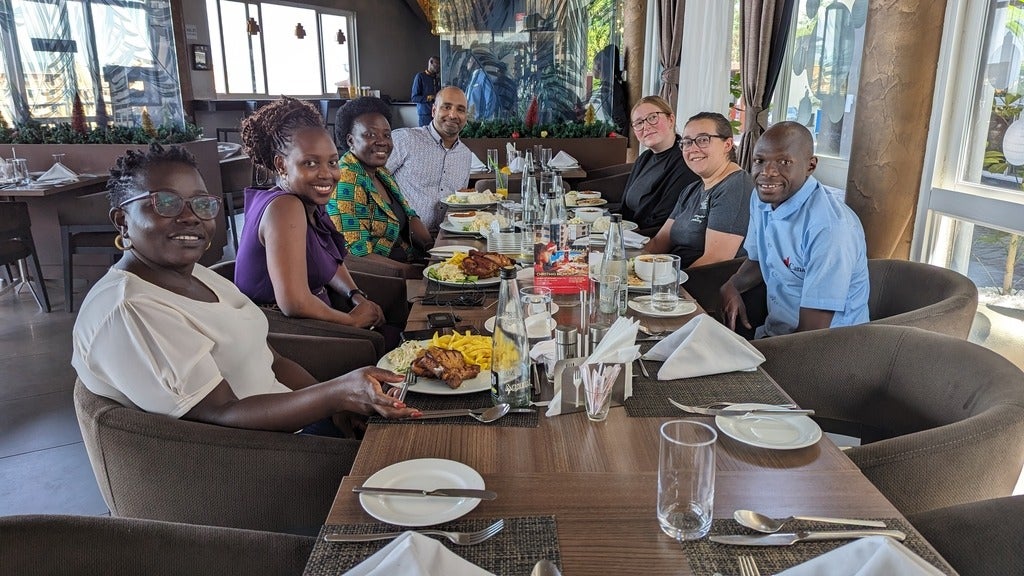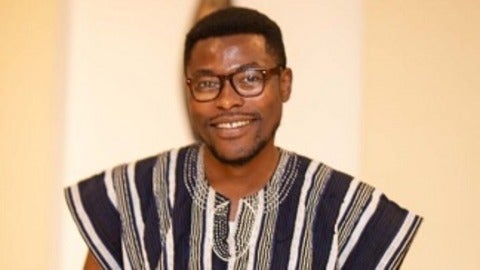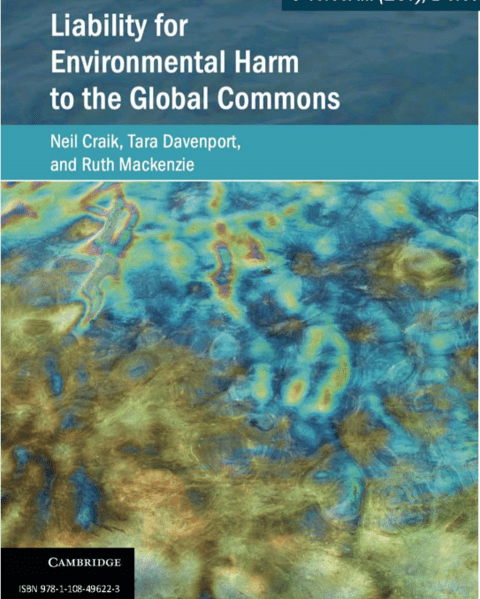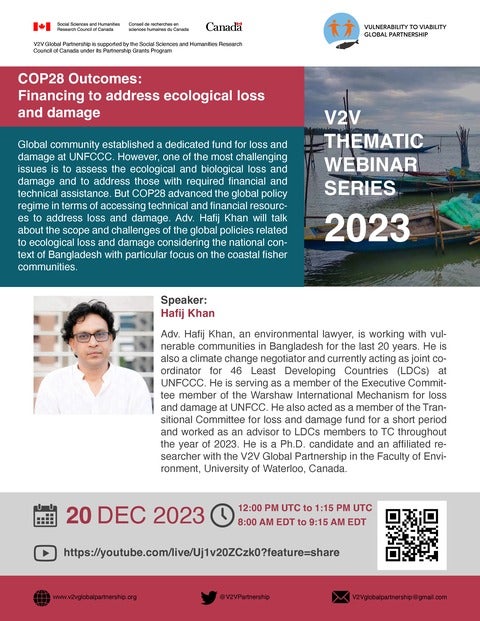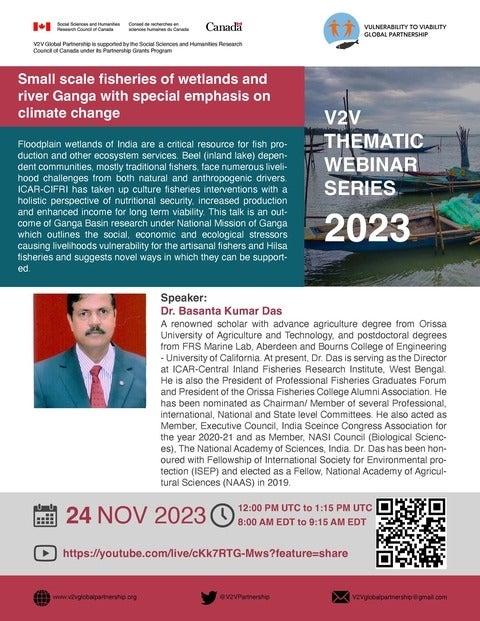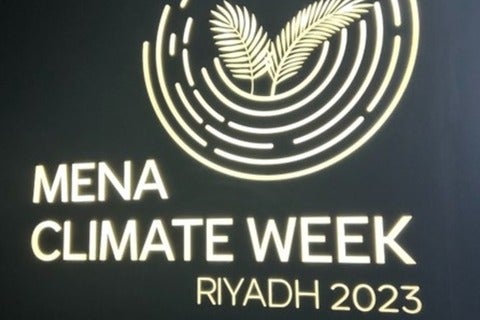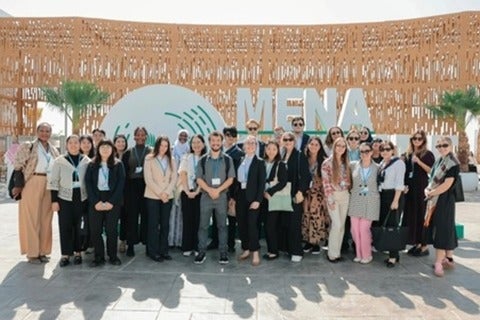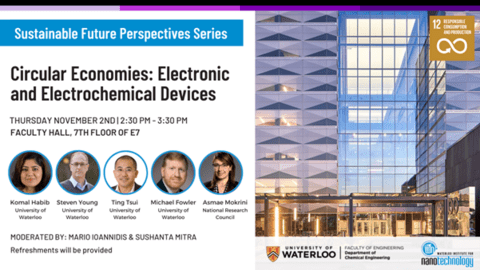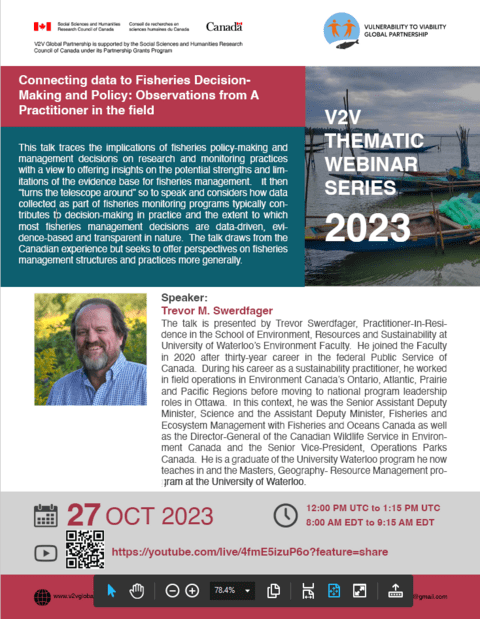Floodplain wetlands of India are a critical resource for fish production and other ecosystem services. Beel (inland lake) dependent communities, mostly traditional fishers, face numerous livelihood challenges from both natural and anthropogenic drivers. ICAR-CIFRI has taken up culture fisheries interventions with a holistic perspective of nutritional security, increased production and enhanced income for long term viability. This talk is an outcome of Ganga Basin research under National Mission of Ganga which outlines the social, economic and ecological stressors causing livelihoods vulnerability for the artisanal fishers and Hilsa fisheries and suggests novel ways in which they can be supported.
Title of the Webinar: Small scale fisheries of wetlands and river Ganga with special emphasis on climate change
Date: Nov 24, 2023 (Friday)
Time: 12:00 PM UTC to 1:15 PM UTC (8:00 AM EDT to 9:15 AM EDT - 1:00 PM WAT to 2:15 PM WAT - Convert to your local time here)
Speaker: Dr. Basanta Das| Director, ICAR - Central Inland Fisheries Research Institute, Kolkata, West Bengal, India.
YouTube link (watch this webinar live and participate in its Q&A session)
